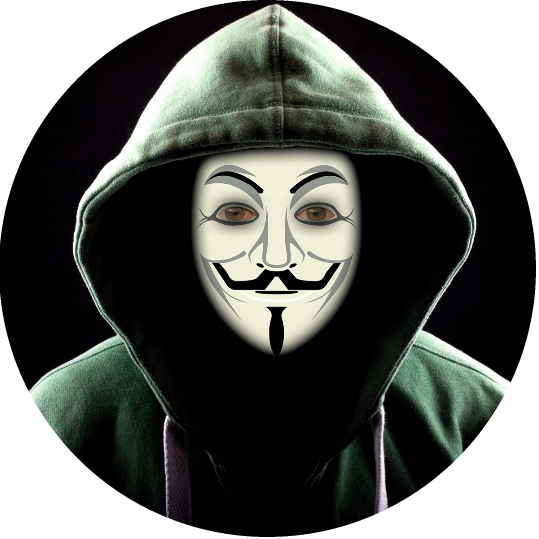It Came from Something Awful

Fredrick Brennan would open 4chan when he awoke, and close it long after dusk, moments before closing his eyes. During his teenage years, he spent countless hours on the website - an online bulletin board where anyone can anonymously upload images or post comments. As one of millions of faceless users, he typed his thoughts about technology, video games and life itself. Often his parents let him skip school so he could spend all day on his computer.
Brennan has brittle bone disease, and has suffered dozens of breaks and fractures. Anonymous forums were an escape. “People on there seemed very honest and ‘real’ and … I was treated differently on there. In real life, a lot of people perhaps saw me as someone who was fragile and easily injured, and because I had a weak body, I must have a weak mind.”
Once, he wrote a heartfelt post about living with a disability. No one knew it was him.
In 2013, when he was 19, Brennan set-up his own rival website, 8chan. As opposed to 4chan, where administrators would determine discussion topics, Brennan wanted to give users more freedom to chat about whatever they wanted. For the first year or so the topics were fairly innocuous, but as the site grew in popularity, so did the alarming nature of the content.
In 2015, the Washington Post described 8chan as a more “lawless” version of 4chan, and a site that welcomed forums dedicated to paedophilia, suicide and concerted harassment and trolling. At the time, Brennan believed this was an unfortunate consequence of freedom.
Speaking from his home in the Philippines, Brennan now says he was focused on boosting 8chan’s popularity. “That toxicity was not something that ever really got to me. I barely considered it. I knew 4chan had gotten extremely toxic and I felt like, if they can [get away with it], why can’t I?”
He quit 8chan in 2016, but mostly out of frustration with the technology and his perceived lack of investment from the site’s backer and owner, Jim Watkins.

Fredrick Brennan in 2014. Photo: Screenshot / YouTube
On March 15, hearing a so-called manifesto announcing the terror attacks on two Christchurch mosques had been posted on 8chan, Brennan logged back in. He says he was surprised to see a wealth of content inciting further violence. “A lot of people were celebrating the shootings on the board.”
Yet when asked if he feels any guilt about a mass murder being announced and celebrated on something he created, he bristles. “I feel like - at least this is how I’ve rationalised it to myself - that if it wasn’t 8chan, it would have been some other [website] and there’s nothing I could have done. I did feel a little bit guilty, but I’m not sure it was rational to feel guilty.”
The Deepest Shadows
Aspects of the manifesto, which has been declared objectionable by the Chief Censor, appear to show how important such anonymous communities were in the author's world. The booklet referenced memes, in-jokes and discussion topics that are popular on 8chan, and other similar sites like the more established 4chan.
There is a growing, global movement that is gaining steam within the darkest shadows of the online world; where you can read some of the most vile conversations imaginable. Just this week, shortly before a deadly shooting at a California synagogue, a user identified as the man accused of the attacks announced his intentions on 8chan. Other mass murderers, such as Dylann Roof, convicted for perpetrating the Charleston church shooting in 2015, have been strongly linked with 4chan.
The popularity of these two sites is immense - 4chan averages more than 8 million visitors per month. Their political discussion groups have long been known for extremist ideas - racism, homophobia, sexism, graphic violence, and, occasionally, child pornography. These sites require no sign-up process or usernames.
A few weeks ago, 8chan's owner Jim Watkins publicly denied his site should take any responsibility for the Christchurch shootings, saying it was impossible to predict the attacks: “There are no Tom Cruises out there with psychic assistance to stop someone from committing a crime before they commit it.”
He said New Zealand enforcement agencies, such as the police, were essentially powerless.